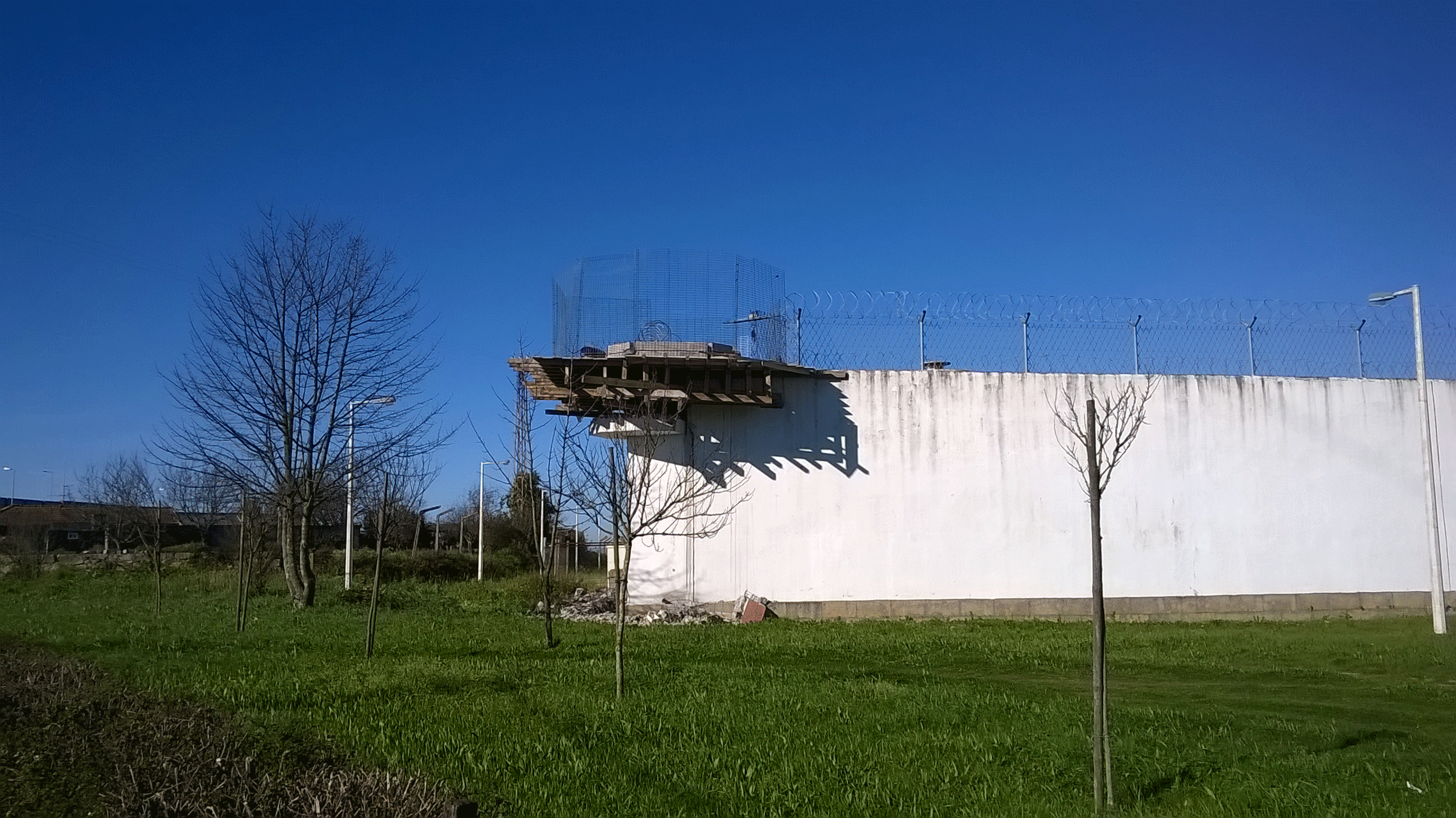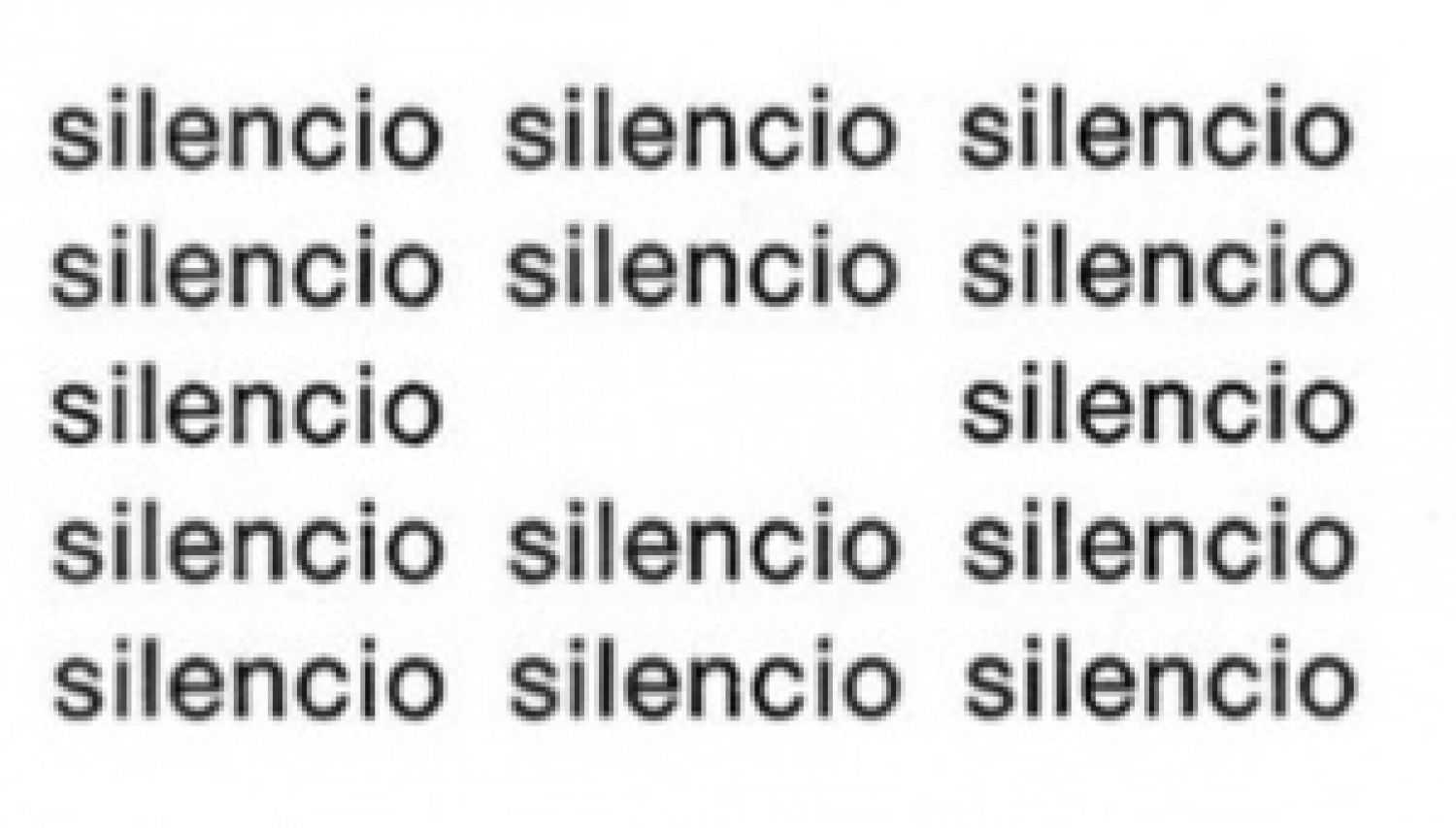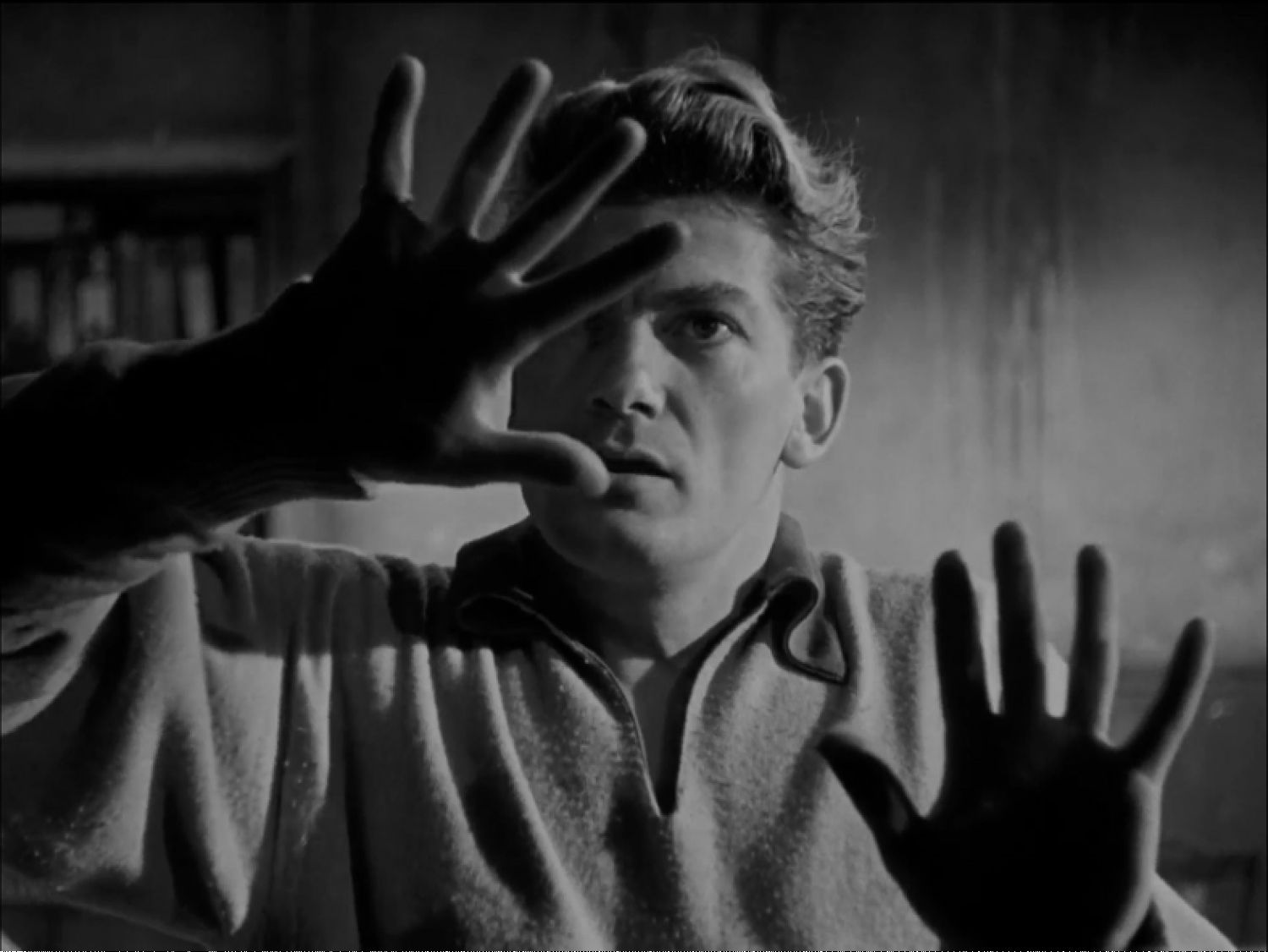Lettres à l'Europe
Jérémy Pajeanc, André Lamas Leite e Pedro GóisLettre 1: Entre terre et mer
Migrations and the «old Europe»
Promoting mobility and migration is our passport to the future.
Europe is a continent of migrations, of migrants, emigrants and immigrants. At a time when restrictions to achieved mobility are being discussed, it's important to ensure that we do not forget who we are. It is not recently that Europeans migrate within Europe, receive migrants from other continents or move around the world.
In fact, without migration Europe would not be what it is today, what it was in the past, or what it will be in the future. If, for instance, we talk about art, that inheritance we receive and retransmit to the next generation, we must stress that migrations (too) created the European art. From the builders of cathedrals to the artists of the Renaissance, many were those who circulated, who created some of their best works in countries other than their own, and who left a legacy that brings us closer. In the 20th century, the «Paris School» was a multicultural event where Europe reconciled with creativity. Many artists were part of that group, namely the Italian Amadeo Modigliani (1884-1920), the Bulgarian Jules Pascin (Julius Mordecai Pincas) (1885-1930), the Russian Marc Chagall (1887-1985), the Polish-French Moise Kisling (1891-1953) and the Russian Chaim Soutine (1884-1943). At the same time, creators like Picasso, Amadeo de Souza Cardoso, Paul Klee, Marc Jacob and many other Europeans were in Paris as well.
Today, in hope of controlling the next day, we want to forget the past and, in so doing, we prevent the future. Europe doesn't need mobility restrictions. On the contrary. It needs us to find a strategy to prevent immobility and promote the movement of persons and their capacities. It's not free movement within the Schengen area that needs to be restricted but the relationship of the Schengen area with the rest of the world that needs to be changed allowing mobility to take place.
Many of the problems that border controls imply (irregular migrations, intrusion of illegal immigrants, traffic of human beings) will only be solved with open-border policies. Controlled, gradual, designed according to the opportunities and needs of Europe, an opening of borders - not a closing of the control mechanisms. For years the financialisation of European policies has been preventing us from thinking about the essential issues like those that bind us to the future.
Europe needs a European policy for migration because migration is a European question. To promote mobility within the European Union is a necessity and an investment in our social and economic cohesion. To think future global migration today, from (and to) Europe is a matter of urgency, a wise strategy and a necessity; yet it is not being done. With each passing day a Europe of old is born. Old of age and, above all, old in ideas and courage. To promote mobility and migration is our passport to the future. As a European, I wish that Portugal would lead this policy.
(Pedro Góis)
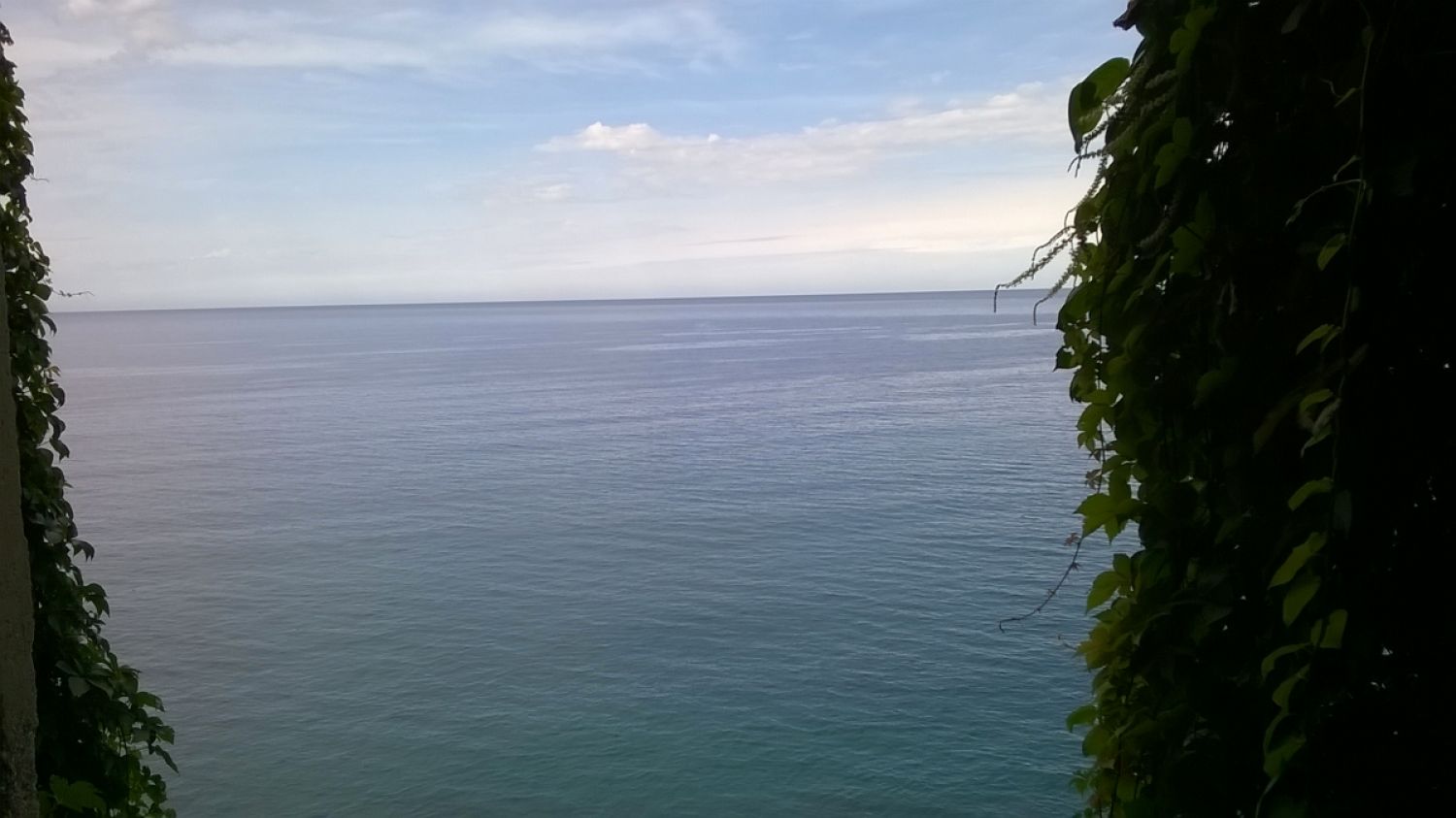
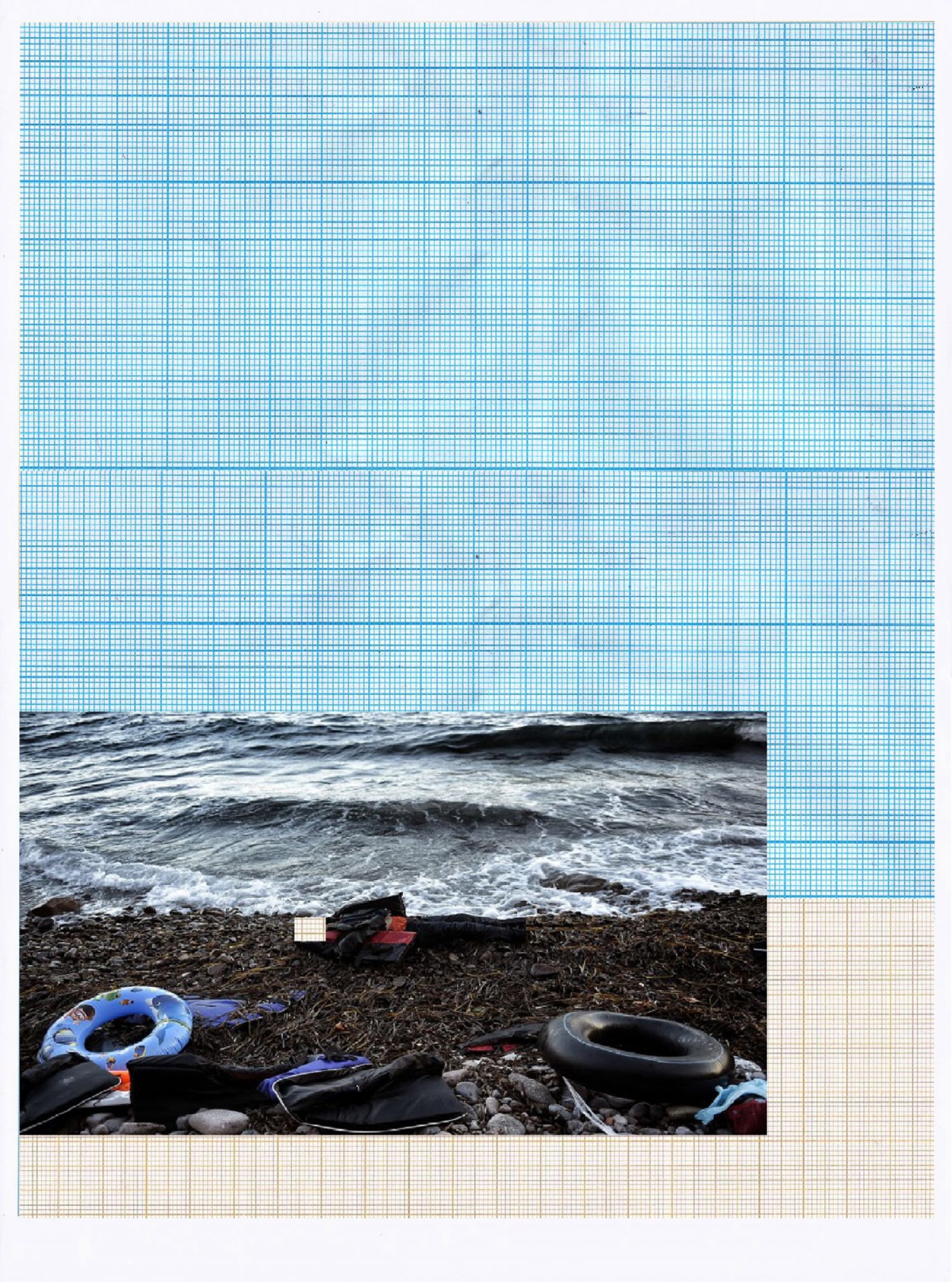
Lettre 2: Cette abîme que l'on appel Méditerranée
«The idea of a United States of Europe is centuries old.»
A civic and cultural jolt for Europe.
The idea of a United States of Europe is centuries old. Among others, Victor Hugo, Robert Schuman and Jean Monnet defended this project of Union of several Nations with ambitions that, although different, essentially meant to keep peace on the continent and strengthen the bonds of economic, politic, social and cultural solidarity that would make Europe stronger in the face of the blocs that were rising in West and East.
The lyrical vision of Victor Hugo, which had nothing wrong in itself, suffered the normal problems of a conception more focused on utopia than practical implementation. We all have grateful memories of the writer and humanist, particularly the Portuguese who abolished the death penalty in the 19th century and received the greatest praise from this remarkable figure. More realistic visions as those that gave rise to the signing of the Treaties of Paris and Rome, through which the then European Communities (ECSC, EEC and EURATOM) were constituted, did only thrive due to the particular historical conditions in which they occurred. It is true that, apart from the conflicts in the Balkans, Europe has been living in a climate of peace for about 70 years, which had never happened in its history.
The question that we all ask ourselves is how long this state of affairs will be maintained. The diagnosis is long done: the end of the cold war, the U.S. affirmation as the only global superpower, the global economic crisis, the disaster of the Syrian intervention and the massive influx of refugees to Europe, the reigning populism, the crisis of ideologies, the lack of true men and women of State, are some of the factors that precipitated the national selfishness and the willingness to close borders. It is clear that a policy of directory doesn't help and makes the less economically powerful states disbelieve the so-called «European project».
A Europe that, wrecked by growing nationalisms, from Hungary to France and now even Germany, helped by terrorism and other security issues, risks to continue erecting walls that, more than Berlin's, spread like an oil slick.
Without wishing to be in the least catastrophist, the Union is increasingly disunited and risks imploding if and to the extent that the axiology shared by its member states is not enhanced. It is also clear that we cannot embark on maximalist ideas that only advance the path into the abyss, like EU having an immigration policy of totally opened doors. That does not mean that we close on ourselves, rather that we have to work with the Middle East regimes and with the US, in large part the causers of humanitarian disgrace in Syria and in neighbouring countries. Europe cannot be held responsible for the mistakes of others, but it shouldn't exempt itself from its own guilt either. Much of it derives from an uncritical alignment with the American bloc, due to the latter's economic dependencies since the subprime crisis.
I want to believe that another future for the Union is still possible. Such will only be achieved through culture, where art plays a main role. Only a civic jolt may wake up consciences and give rise to the debate. Europe needs to debate as much as it needs bread – or euros for its economy, if we want a more fashionable image. To remain amorphous while politicians gather in inconclusive meetings is the beginning – or halfway – of the end. Now is the time for citizens that identify with the dialogue amidst a diversity of cultures. It is said that societies are becoming increasingly multicultural and multi-ethnic, but in reality we know little about each other, and a chain of unity among the European artists would be essential in order not to let the European future in the hands of politicians only. This is too important a subject for us to allow it.
(André Lamas Leite)
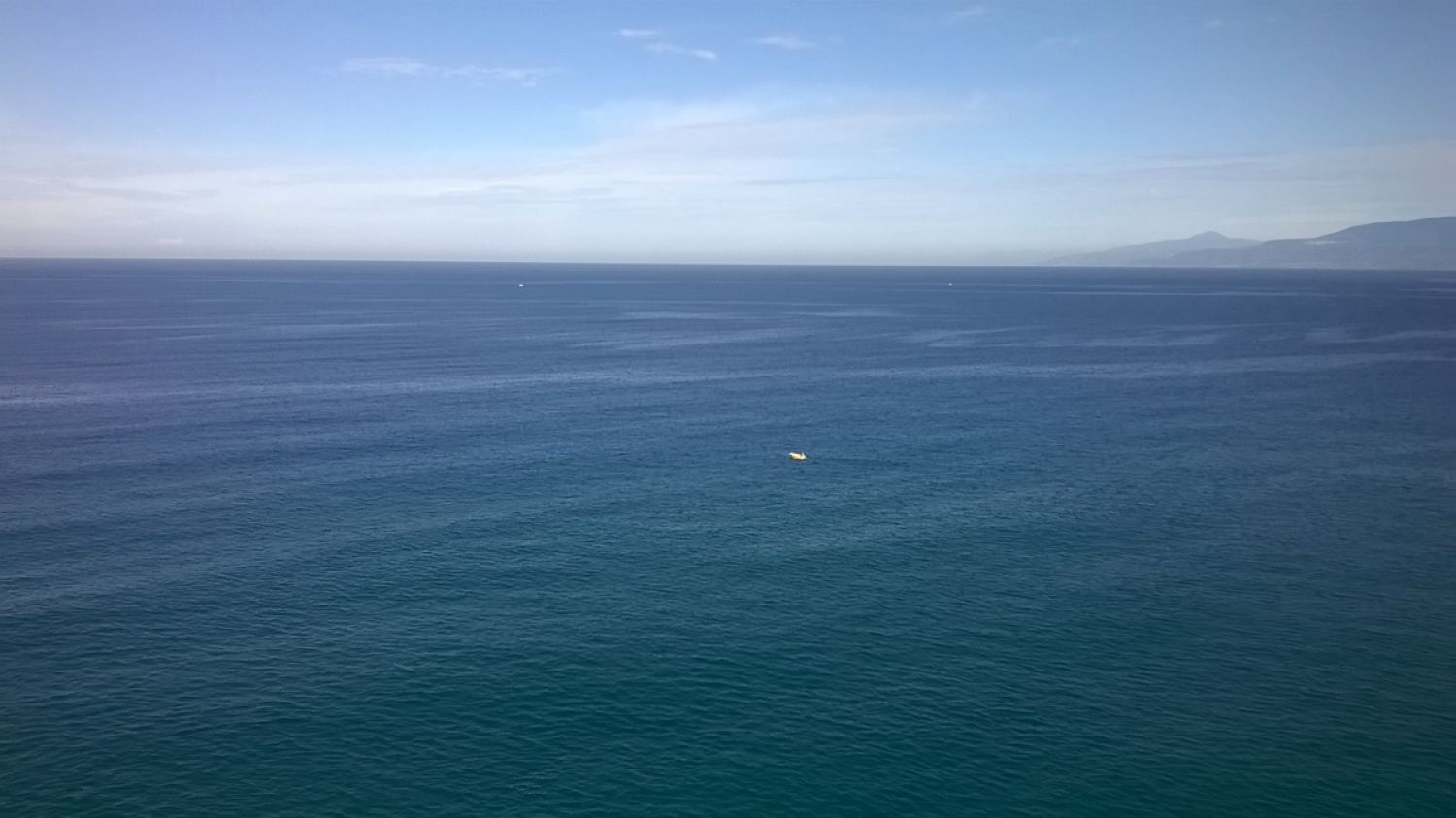
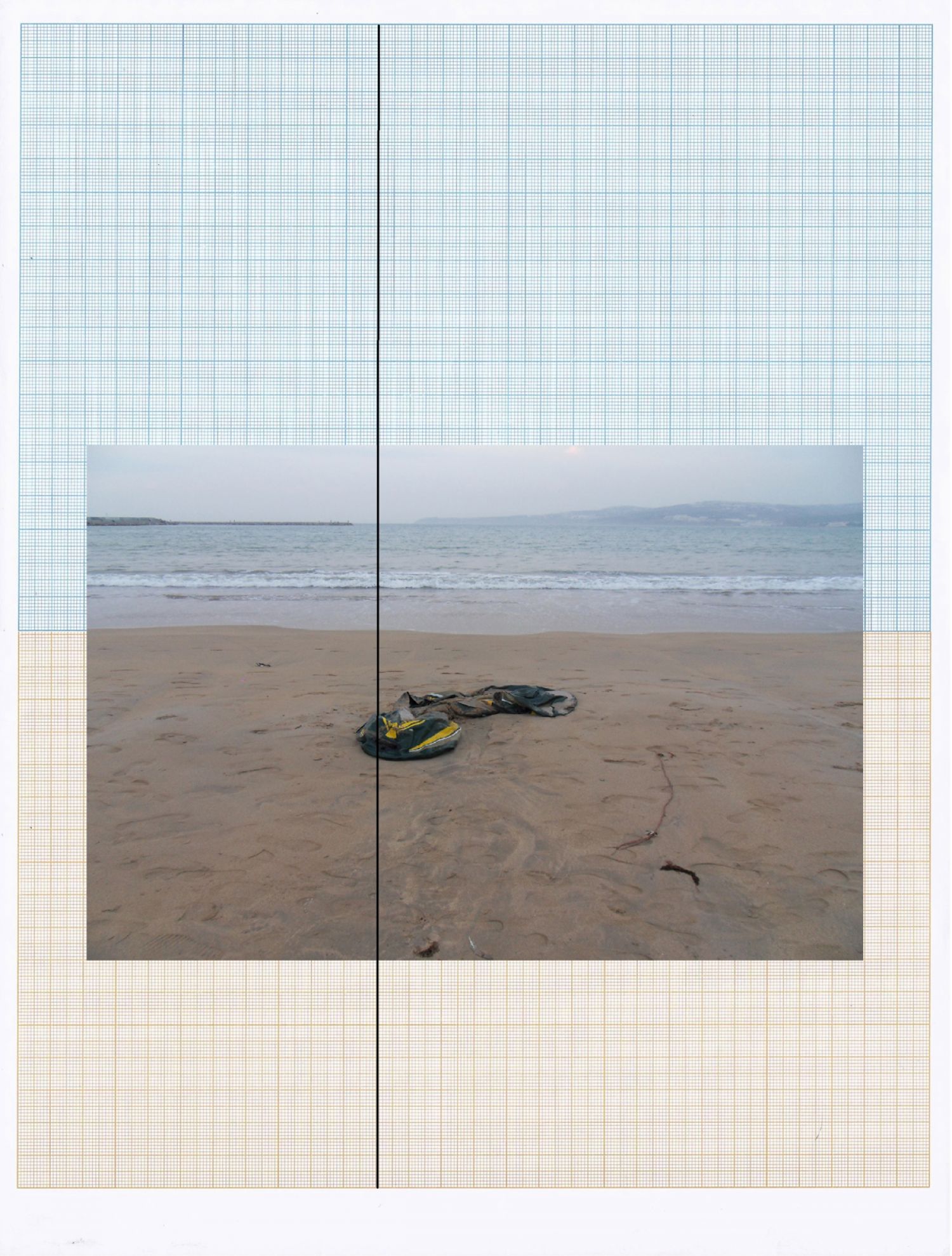
Lettre 3: Un territoire sans terre avec des murs
